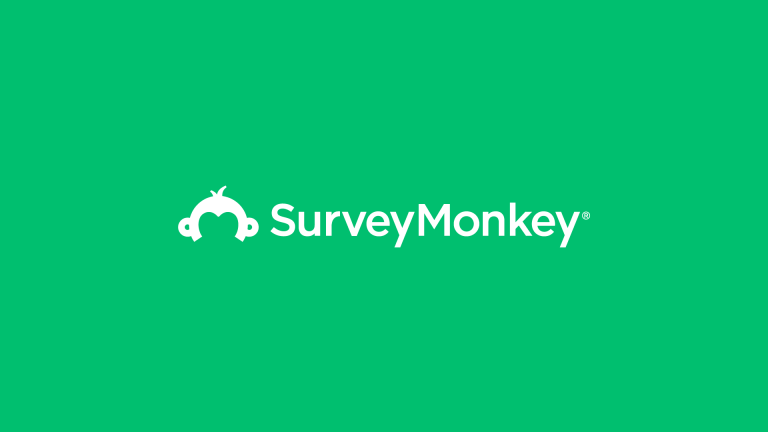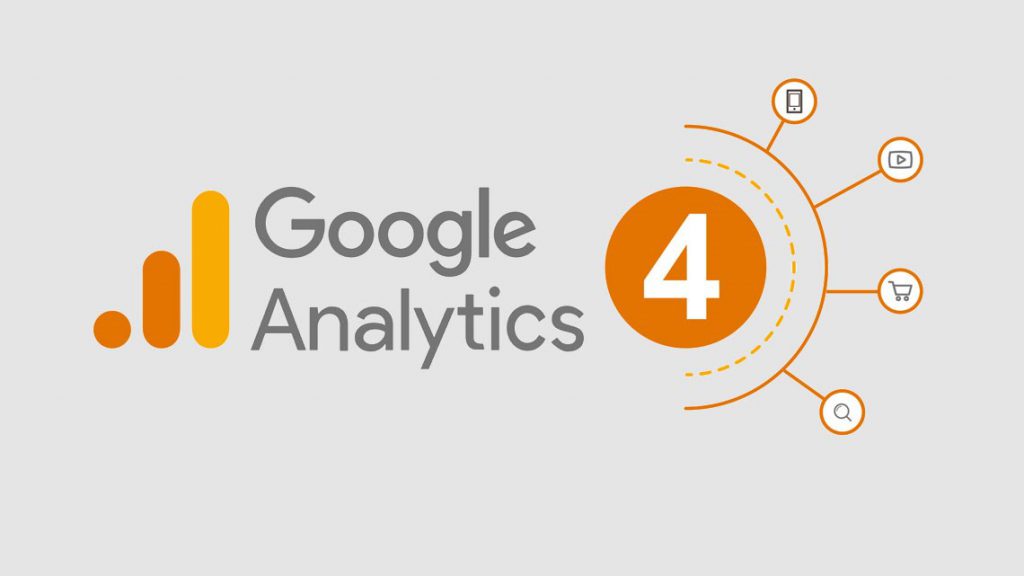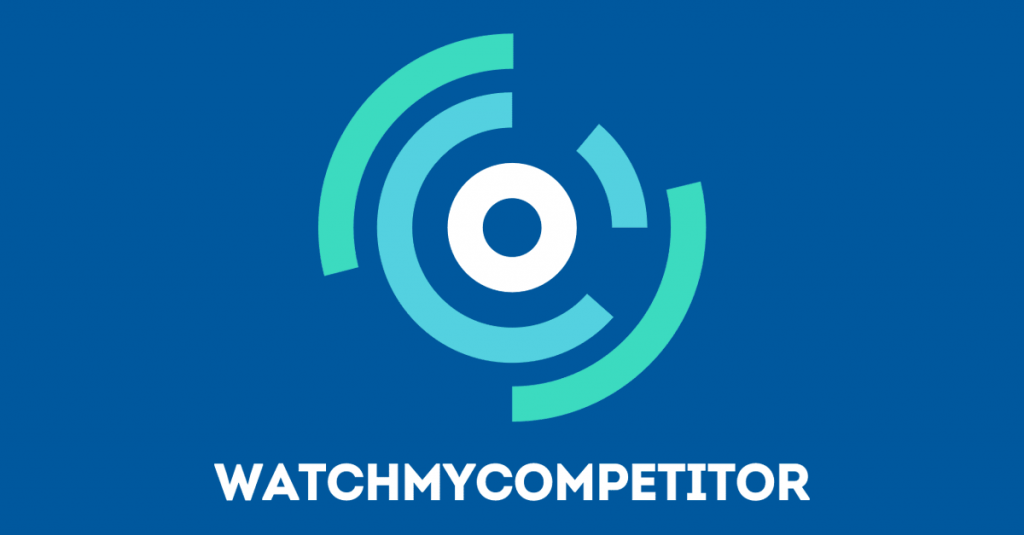Market research is a crucial component of any successful business strategy. It helps you understand your target audience, competition, and industry trends, enabling you to make informed decisions. However, conducting market research can be challenging, especially for small businesses with limited resources.
This article aims to guide you through the process by highlighting 5 essential tools you need in your market research inventory.

What Are Market Research Tools?
Market research tools are software or online platforms that assist businesses in gathering, analysing, and interpreting data related to their target market. These tools automate various tasks and provide valuable insights into customer behaviour, market trends, and competitor analysis. There are different types of market research tools available, each serving a specific purpose in the research process.
The Benefits Of Using Market Research Tools
Market research tools are crucial for organisations aiming to stay ahead of industry peers in a competitive market. They facilitate gathering and analysing data related to customers, competitors, and industry trends.
The insights gained from these tools are valuable in the sense they provide users actionable strategies. With the market research tools, businesses can effectively make informed decisions about product development, marketing strategies and other key business activities.
A) Enhanced efficiency
Market research tools automate data collection, analysis, and reporting processes, saving time and effort for businesses. This allows you to focus on interpreting the data and deriving actionable insights.
B) Deeper insights
These tools provide access to a vast amount of data, enabling you to gain a comprehensive understanding of your target market. By analysing customer preferences, behaviour patterns, and competitor strategies, you can make data-driven decisions.
C) Competitive advantage
Market research tools allow you to monitor and analyse your competitors’ activities, helping you identify gaps in the market and develop strategies to outperform them.
D) Cost-effectiveness
Many market research tools offer affordable subscription plans or free versions, making them accessible to businesses with limited budgets. Investing in these tools can save money in the long run by reducing the need for expensive manual research methods.
Main Types of Market Research Tools
There are various types of market research tools available, catering to different aspects of the research process. Here are some key categories:
Survey Tools: Survey tools such as SurveyMonkey and Google Forms enable businesses to design and distribute online surveys to collect feedback from their target audience. These tools provide customisable questionnaires, data analysis features, and respondent tracking.
Social Media Listening Tools: Social media listening tools like Brandwatch and Hootsuite help monitor online conversations about your brand, industry, and competitors. By analysing social media mentions, sentiment, and trends, you can gather valuable insights into customer opinions and preferences.
Web Analytics Tools: Web analytics tools like Google Analytics and Adobe Analytics track website traffic, user behaviour, and conversion rates. These tools provide data on visitor demographics, page views, and referral sources, allowing you to optimise your online presence and marketing strategies.
Competitor Analysis Tools: Tools like WatchMyCompetitor offer comprehensive competitor analysis, allowing you to track competitors’ online activities, keyword rankings, advertising campaigns, and social media engagement. By understanding your competitors’ strengths and weaknesses, you can refine your marketing approach and gain a competitive edge.
The 5 Tools You Need To Know About
1) SurveyMonkey

SurveyMonkey is a versatile and user-friendly survey tool that enables businesses to gather valuable feedback and insights from their target audience. With SurveyMonkey, you can create customised online surveys tailored to your research objectives.
The platform offers a wide range of question types, skip logic and customisable design options. It also provides robust data analysis features, allowing you to visualise survey results and extract meaningful insights.
Whether you’re conducting market research, customer satisfaction surveys, or employee feedback, SurveyMonkey empowers you to collect and analyse data efficiently.
2) Brandwatch

Brandwatch is a powerful social media listening and analytics tool that enables businesses to monitor and analyse online conversations across various social media platforms. It provides a comprehensive view of your brand’s online presence, allowing you to track brand mentions, sentiment analysis, and audience demographics.
By monitoring social media conversations, you can understand customer sentiment, identify influencers, and uncover emerging trends. Brandwatch also offers competitor benchmarking, enabling you to compare your brand’s performance with your competitors and identify areas for improvement.
With its advanced analytics capabilities, Brandwatch helps you make data-driven decisions and optimise your social media strategy.
3) Google Analytics

Google Analytics is a robust web analytics tool that provides invaluable insights into website traffic, user behaviour, and conversion rates. By implementing a tracking code on your website, you can access a wealth of data to better understand your audience.
Google Analytics offers detailed reports on user demographics, traffic sources, and user engagement metrics. You can track the performance of your marketing campaigns, analyse visitor flow through your website, and identify areas for optimisation.
With Google Analytics, you can gain a deeper understanding of your website’s performance, optimise user experience, and make data-driven decisions to drive business growth.
4) SEMRush

SEMrush is a comprehensive digital marketing tool that offers a range of features to support your market research efforts. It provides keyword research and analysis, allowing you to identify relevant keywords and assess their search volume and competition.
SEMrush also offers competitor analysis, enabling you to uncover your competitors’ organic and paid search strategies, backlink profiles, and advertising campaigns. Additionally, the tool provides insights into website traffic, rankings, and social media engagement.
By leveraging SEMrush, you can gain a holistic view of your market landscape and make informed decisions to improve your online visibility and outrank your competitors.
5) WatchMyCompetitor

WatchMyCompetitor is a powerful platform that can help you gain a competitive advantage in your market. It provides you with insights into your competitors’ strategies, products and marketing campaigns. This information can be used to identify new commercial opportunities.
If you see that one of your competitors is launching a new product, you can use this information to develop your own product strategy. Or, if you see that one of your competitors is running a successful marketing campaign, you can use this information to improve your own marketing efforts. Furthermore, it can also be utilised for customer monitoring in order to thoroughly ascertain client behaviour.
Overall, WatchMyCompetitor is a valuable tool that can help you gain a competitive advantage in your market by providing insights into your competitors’ and clients’ strategies, products, and marketing campaigns.
Final Thoughts
Incorporating these essential market research tools into your inventory will empower you to gather valuable insights, monitor your competition, and make data-driven decisions. Each tool brings unique capabilities and features that cater to different aspects of market research, ensuring that you have a comprehensive toolkit to thrive in today’s competitive business landscape.
Whether it’s monitoring competitors’ strategies, conducting surveys, analysing social media conversations, tracking website performance, or conducting keyword research, these tools are essential for gaining a competitive edge and achieving success in your market.
FAQs About Market Research Tools
1) What is a market analysis tool?
A market analysis tool is a software or platform that assists businesses in assessing and understanding their target market. It provides data on customer demographics, market trends, competitor analysis and consumer behaviour. These tools help businesses gain a deeper understanding of their market and make informed decisions.
2) Why are market research tools important?
Market research tools are crucial for businesses aiming to stay ahead in a competitive market. They facilitate gathering and analyzing data related to customers, competitors, and industry trends. With these insights, companies can make informed decisions about product development, marketing strategies, and other key business activities.
3) Can I use these tools if I have no market research experience?
Yes. Most of these tools are designed with user-friendliness in mind. While some might have a slight learning curve, they typically offer support resources like tutorials and customer service to assist new users.
4) Is there a one-size-fits-all tool for market research?
Unfortunately, there isn’t a one-size-fits-all tool given the diverse nature of market research. Different tools cater to different needs – surveys for direct consumer insights, social media analytics for brand sentiment, SEO tools for online presence, and so forth. It’s often best to use a mix of tools for comprehensive market research.
5) How often should I conduct market research?
The frequency of market research often depends on the industry, market dynamics, and specific business needs. However, regular market research is recommended to stay updated with customer needs, industry trends, and competitive landscape.

